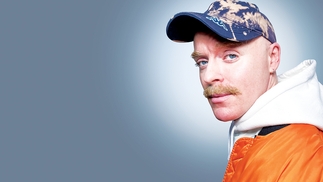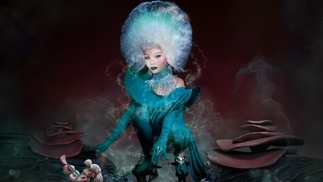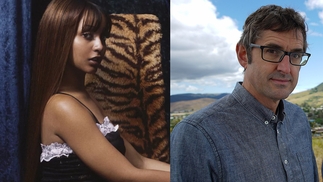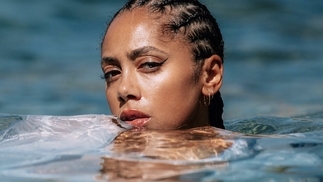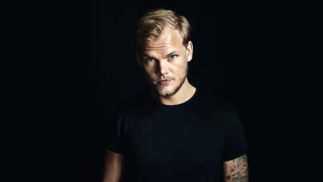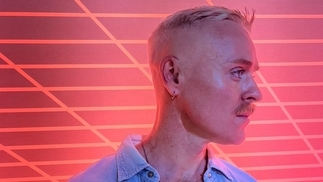Listen to Björk and Greta Thunberg discuss climate change, music and protest in new podcast
Hosted by writer Kate Mossman, the latest episode of the New Statesman's World Review podcast is a bonus edition featuring a wide-ranging conversation with the artist and activist
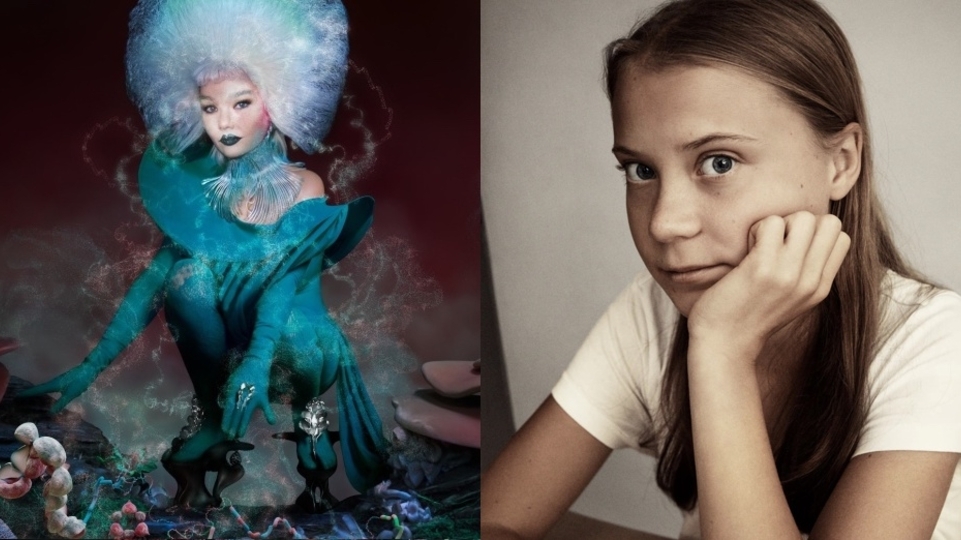
You can now listen to a discussion between Björk and Greta Thunberg about climate change, protesting, greenwashing, politicians, fame and more. Stream the New Statesman podcast below.
Moderated by writer Kate Mossman, the latest episode of the New Statesman's World Review podcast is a bonus edition featuring a conversation with the artist and activist. The two had previously collaborated on the environmental manifesto speech that opened Björk's 2019 Cornucopia tour, but hadn't met in person until this podcast.
Björk and Thunberg cover a wide range of topics, including Thunberg's new anthology The Climate Book and Björk's new album 'Fossora' and musical work, which often has an environmental angle, as well as climate change protests, optimism and pessimism, dangerous greenwashing, the UK as viewed from Iceland and Scandinavia, fame and platforms, generational differences, Cop27 and politicians' accountability, and lack thereof.
When asked for her opinion on the "more powerful approach for an artist or musician to take, localised action or communicating a global message?", Björk spoke about having to prioritise and have enough energy to continue her activism. "When I first got my platform in the 1990s, I agreed to do a few things and it frustrated me. Suddenly I was in this non-profit universe with a lot of hierarchy and politics," she said.
"I felt that I could have the biggest impact on the environment at home, and give to one thing at a time; put all the eggs in the basket and follow it through. Obviously, it wasn’t me alone. There is a big group of environmentalists in Iceland; often, I’m the face of it, but it is a voluntary job, and it takes a lot of energy. We joke about it – we have to take turns in holding the torch, because people burn out. You get very exhausted."
Read an edited version of their conversation on the New Statesman and listen to the podcast recording on Spotify.
Photo credit: Marcus Ohlsson (Thunberg)
